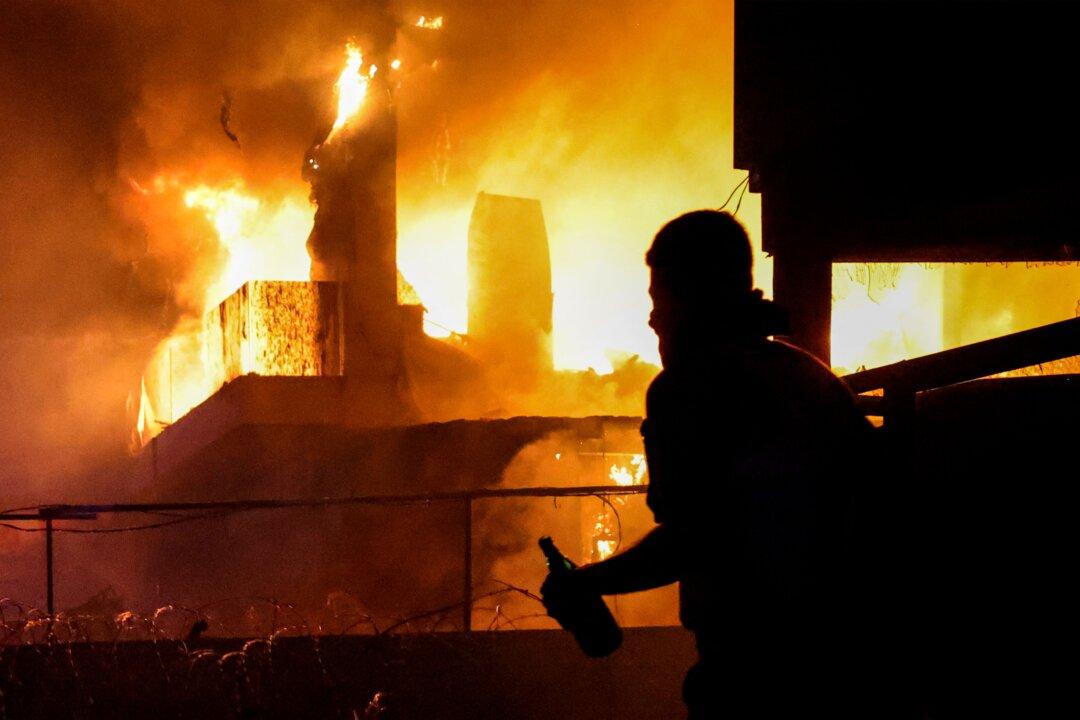The U.S. Embassy in Lebanon urged American citizens to leave Lebanon “as soon as possible” amid fears that the Israel–Hamas conflict will spill over into other countries and as the Iran-backed Hezbollah group has increasingly sent warnings.
The American embassy in Beirut stated that U.S. citizens should depart the country “while commercial options are still available“ and for those choosing not to depart the country, they should ”prepare contingency plans for emergency situations.”





